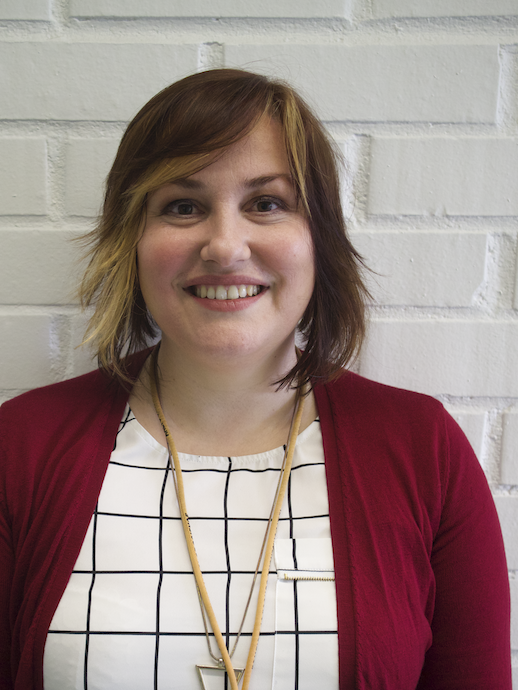University of Turku team explores new materials with Mahti supercomputer
In 2020, the Department of Mechanical and Materials Engineering was established at the University of Turku in close collaboration with local companies and networks to meet the growing competence needs in the field. The department has utilized the services provided by CSC in various ways, both in teaching and in research conducted through business cooperation.
CSC’s services are widely used by the Materials Informatics Laboratory group led by Associate Professor Milica Todorović. The group focuses on developing new kinds of materials by combining artificial intelligence with computational and experimental material data. The goal is to find solutions to societal challenges such as climate change, energy consumption, and healthcare.
AI algorithms facilitate autonomous simulation workflows in the search for optimal solutions. This means that there is no need for human involvement during the simulation.
Milica Todorović, Associate Professor in University of Turku
AI simulations save time and resources
Cooperation with the University of Turku has also benefited companies in the region, providing them access to CSC’s computing services and expert support through projects funded by the Research Council of Finland, Business Finland and the Finnish Research Impact Foundation.
For example, ongoing optimization of semiconductor materials in the Tandem Industry-Academia project will improve the efficiency of components. In addition, new methods for recycling limited materials are being developed, and the energy efficiency of ship hulls is set to be improved.

The computing resources provided by CSC have enabled efficient data analytics and simulation of experiments.
“AI algorithms facilitate autonomous simulation workflows in the search for optimal solutions. This means that there is no need for human involvement during the simulation,” Todorović says.
This approach accelerates research, narrowing down the space of possible solutions to those that are most promising for future technologies.
According to Todorović, “AI has made science more effective, saving us significant time and resources compared to traditional approaches based on trial-and-error, and finding solutions that are difficult to reach by human intuition.”
Collaboration with businesses brings job opportunities for students
The services provided by CSC have also greatly benefited the Department of Mechanical and Materials Engineering and its students. Master’s students have the opportunity to work with the Mahti supercomputer in computational courses.
“Providing students with access and training on top-level computing platforms like Mahti equips them with valuable workplace skills,” Todorović notes.
With CSC facilitating customized environments for classrooms, it is no longer necessary for course facilitators to trouble university IT services with laborious software preparations.
Providing students with access and training on top-level computing platforms like Mahti equips them with valuable workplace skills.
Milica Todorović, Associate Professor in University of Turku
Collaboration between companies and the university creates new career opportunities for students. There is a real demand for their expertise in local companies, which is why students have a wide range of opportunities to undertake internships and complete theses in collaboration with businesses.
Prospects for the future
CSC continues to invest in multidisciplinary cooperation in the future. For example, 20% of the computing power of the LUMI supercomputer is reserved for companies, enabling even greater collaboration between business and academic research.
According to Associate Professor Todorović, CSC has made significant progress: “CSC’s computing resources have evolved from facilitating infrastructure for experts to a public resource for HPC research, education and facilitation, making computing power accessible to everyone.”
CSC supports this development by providing training and expert assistance to help organizations make the most of its resources. This ensures that different organizations can efficiently benefit from CSC’s services in the future.




